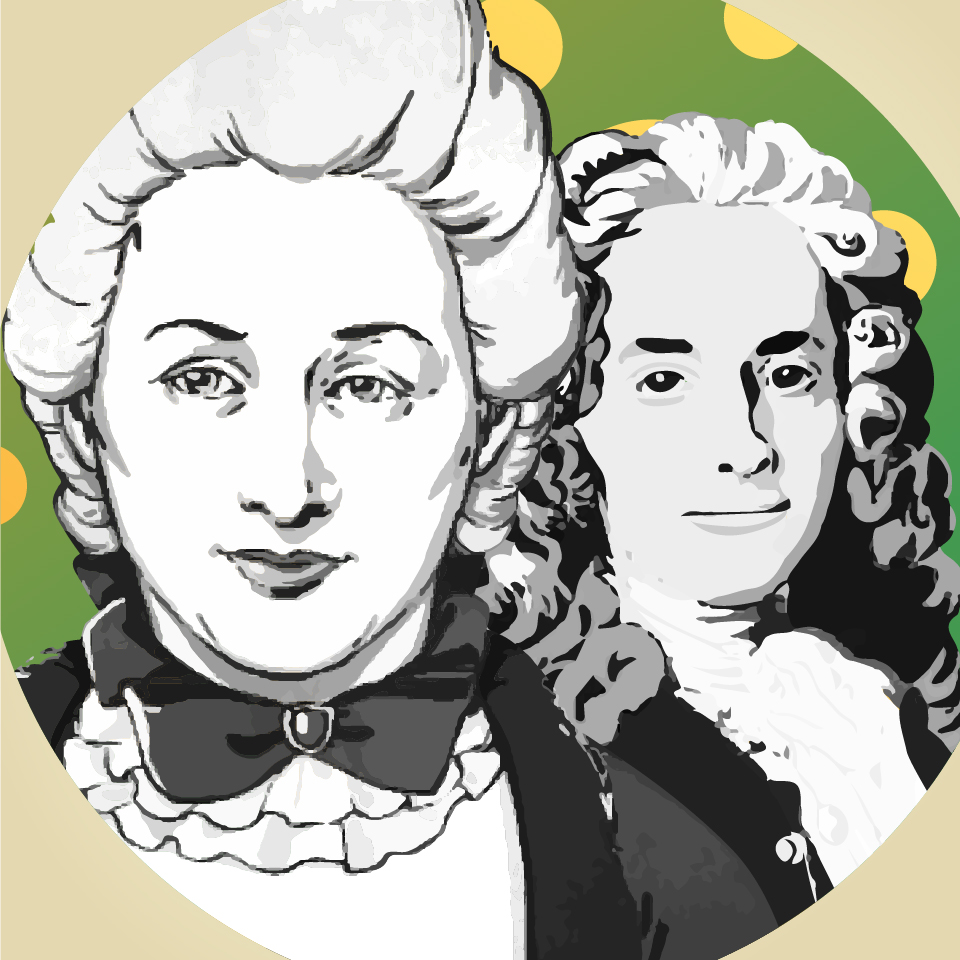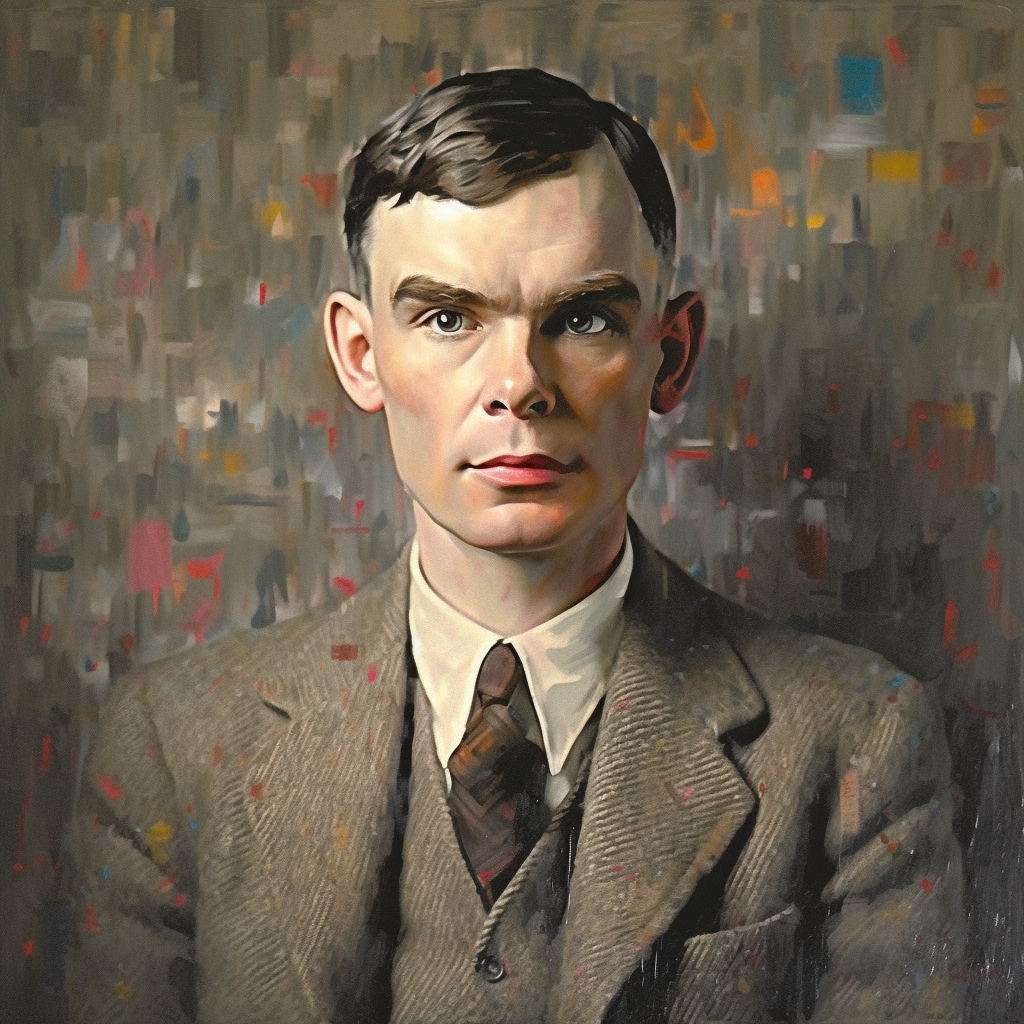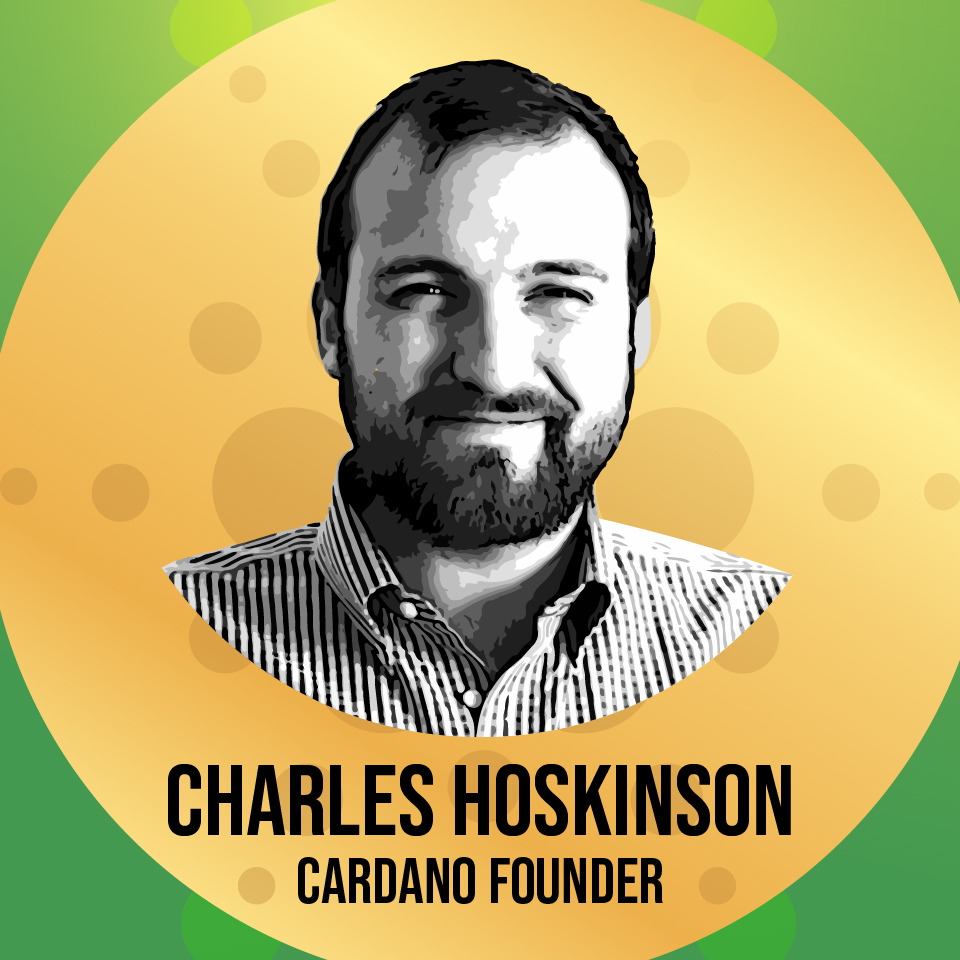
Knowledge Base
The Vasil hard fork has ushered us into “Basho”, the next-to-last era of the Cardano Roadmap. Soon we will enter into the final era, "Voltaire", planned from the very beginning of Cardano’s journey and development. This post is about Voltaire himself, one of the most advanced intellects of all time. His influence on the way we look at the world and the way we think about our world cannot be overstated. However, the scope of his writings and pursuits combined with the many places he lived during his lifetime cannot be covered in a blog post. Therefore I am touching upon the more important points of his life and work, leaving a deeper investigation up to you, the reader.
To start, with the man we refer to as 'Voltaire", (his most well known "nom de plume"), was actually Francois-Marie Arouet. He was born in Paris in 1694, the youngest of five children, and he lived during the most tumultuous and politically charged era that Europe and France had known up to that point. In spite of his legitimacy, he claimed to be the illegitimate son of a highly placed French nobleman, a claim that was simply not true. His real father, Francois Arouet, was an attorney and a treasury official, and his mother, Marie Marguerite Dumard, was from a family of the lower tier of the nobility of France. Francois-Marie was educated by the Jesuits at Louis Le Grand between 1704 and 1711, studying Theology, Latin, and Rhetoric. His family expected him to become an attorney, but he elected to follow his true calling and thus became a writer. He secrectly wrote poetry, essays, and historical pieces even after his father had sent him to Caen to study law.
Despite being an aristocrat himself, and for being accepted and admired by his aristocratic circle of connections for his wit and prolific literary achievements, he was perpetually in trouble with the authorities for his criticism and ascerbic portrayals of the government, the Catholic Church, and his support of a constitutional monarchy which would hopefully defend the rights of the people. During his lifetime, from 1694 to 1778, he produced no less than 20,000 letters, 2,000 books and pamphlets, and numerous plays, poems, essays, novels, histories, and scientific works. He used more than 175 aliases and pen names in order to protect himself from being censured and/or arrested for his views, but even so he was imprisoned twice in the Bastile, and exiled temporarily for two and half years to Great Britain. In spite of all of his legal problems the Regent of France and King George I of England awarded Voltaire with medals honoring his achievements.
Voltaire's most famous work is "Candide", but his early financial and critical success came after the Comedie-Francais staged his debut play, "Oedipe" in Novenber 1718, only seven months after being released from his first imprisonment in the Bastile. He adopted the name "Voltaire" in that same year. Ironically, it was his banishment to England that brought him into contact luminaries of English intellectual high society such as Jonathan Swift, Alexander Pope, and Lady Mary Montagu. He was greatly infulenced by the works of Isaac Newton and other British scientific intellectuals who were making strides in the pursuit of Science and Mathematics. His appreciation of Shakespeare developed at this time as well. He witnessed Britain's constitutional monarchy in action and saw the freedoms of speech and religion that were significant components of the English mindset. The contrast with the strangling absolutism of France was not lost upon him. He was permitted to return to France and resume his life in Paris, and believe it or not, he participated with a group of acquaintances who purchased tickets for one of the first lotteries organized by the French government as a means of defraying the national debt, and his share came out to be close to one million livres. He also was allowed to have control of a trust fund he had inherited from his father, and through careful management of his lottery winnings and his father's trust fund Voltaire became established as a wealthy man and a shrewd investor.
Being financially successful to the point of independent wealth did not sway Voltaire from his mistrust of governments, or in particular, of government-issued paper currencies. His most famous quote regarding state issued paper money is: "Paper money eventually returns to its intrinsic value: zero." He preferred to keep his wealth in gold and silver, hard currencies, and I am quite sure he would be part of our cryptocurrency community in light of his anti-central government views. I believe he would be a Cardano enthusiast and a firm adherent to our decentralized, community-based Proof Of Stake ecosystem.
If Voltaire were alive today we would assuredly find him working away at a table in the nearest Starbucks or Coffee Shop, with multiple empty cups scattered about, and a fresh cup within easy reach. By all accounts he drank coffee constantly every day starting very early in the morning and staying up until very late every night. It is estimated that he drank somewhere between 60-70 cups of coffee every day. Many historians believe this was the basis for his astonishing productivity and prolific literary output. It certainly makes sense to me. A similar circumstance is attributed to the work of the writer, Balzac, who was another famous caffeine aficionado. I find it inspiring and ironic that we are all delegators to Cardano Cafe with all of the motifs and graphics being directly associated with Coffee... I am sure Voltaire would be a member of our community. Perhaps the next time you savor a cup of coffee you will pause and think about Voltaire?
Voltaire's various romantic involvements can be researched by the interested or curious, but the most significant liaison of his life was with Gabrielle Émilie Le Tonnelier de Breteuil, Marquise du Châtelet, known to us as simply Emilie du Chatelet. She was born in 1706 and died at age 42 in 1749. Voltaire's contributions to free thought and his prolific body of written work are significant, but it must be recognized that Emilie du Chatelet's intellectual stature and her contributions to the study of Physics also remain relevant to this day. Her influence on Voltaire cannot be understemated. In an earlier post I highlighted Ada Lovelace's contributions to the studies of mathematics and the early glimmerings of computer science. In a similar manner Emilie was a woman far ahead of her contemporaries in terms of her intellectual accomplishments, her experiments with mass and velocity, her translations of important texts, and her work with the computations associated with these studies. Her contributions to Physics are equal to the contributions that we ascribe to Ada Lovelace in Mathematics.
Emilie remains relevant today in part due to her translation of Isaac Newton's book "Philosophie Naturalis Principia Mathematica", published in 1687, which outlined the basic laws and tenets of Physics. Her translation was published after her death, but it is still considered to be the standard translation in French. She took Newton's theories further by outlining her ideas on kinetic energy, conservation of total energy, and the relationship between mass and velocity. In addition, her "magnum opus" , "Institutions de Physique" , a comprehensive study of energy and movement published in 1740, was widely read and republished in other languages. More importantly her concepts were integrated into Diderot's "Encyclopedie", considered to be the most important work of the French Enlightnement. She corresponded with the most influential mathematicians and physicists of her time, the most notable being Johann Bernouli and Leonard Euler, the developers of calculus. It was with Bernouli Numbers that Ada Lovelace postulated the first ever computer program algorhythms.
The eras of Cardano are named after advanced thinkers of their respective times who saw the world differently and recognized the possibilities around them that could enable a better world for all. They weren't perfect, they were refreshingly human and subject to all of the normal human frailties we all face. They all share a similar attribute: they thought differently and were not afraid to let their thoughts be known. In Candide, Voltaire's main character encounters a mutilated slave near a sugar plantation, and says, "I had no idea what the true cost of our sugar was." It was this ability to see things differently that set Voltaire apart from accepted ways of thinking that permeated his world. In a similar manner the Scottish poet Robert Burns once criticized the underlying brutality of the fishing industry by saying, "Its not fish your buying, its men's lives." The Cardano ecosystem is different from all other cryptocurrency ecosystems. It is decentralized, democratic, and open to changes and criticisms and improvements. It is anti-federated, anti-central, and autonomously self sustaining. It represents the best we have to offer for all of us, and it is a bright light of hope for our futures. I believe Voltaire would have approved.

|
written by: Eric Hill published at: Oct 22, 2022
|

Knowledge Base
Dec 3, 2023, by Eric Hill

Knowledge Base
Sep 7, 2023, by Eric Hill

Knowledge Base
Apr 9, 2023, by Eric Hill

Knowledge Base
Mar 22, 2023, by Eric Hill